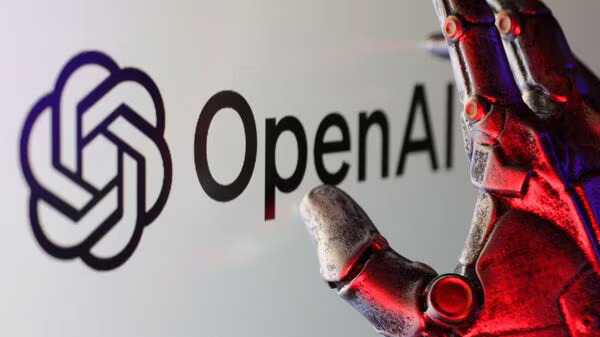OpenAI is preparing to unveil a revolutionary AI-powered web browser designed to transform how users interact with the internet offering a direct alternative to Google Chrome’s long-standing dominance.
Built on the Chromium platform, this OpenAI AI web browser will seamlessly integrate ChatGPT-like AI features into the browsing experience. Instead of clicking through traditional web pages, users will be able to interact with content through a chat-based interface, enabling smarter, faster, and more intuitive web navigation.
What makes this browser stand out is its deep integration of OpenAI’s growing ecosystem of autonomous AI agents. These agents can handle complex online tasks like booking appointments, filling out forms, or searching for information making browsing as simple as giving a command.
This marks a major expansion in OpenAI’s strategy to embed artificial intelligence into daily digital life. Following its hardware acquisition of AI startup “io” earlier this year, OpenAI is building not just tools—but infrastructure that allows tighter control of user data pipelines, essential for improving AI systems and user experiences.
Industry experts believe OpenAI’s browser could reshape online behaviors, potentially impacting Google’s massive ad-driven revenue model. With Chrome being a key channel for Google’s ad tracking and data collection, a shift in browser preference especially among OpenAI’s 500 million weekly ChatGPT users—could disrupt this ecosystem.
The competitive landscape is already heating up. While startups like Perplexity have introduced AI browsers like Comet, and Brave has added AI enhancements, none bring the level of AI integration and task automation OpenAI promises.
Despite the momentum, OpenAI faces stiff competition. Chrome still holds over two-thirds of the global browser market, followed by Apple’s Safari. Yet with over 3 million businesses subscribed to ChatGPT’s paid plans, OpenAI has a strong launchpad to challenge incumbents.
Notably, OpenAI has bolstered its team with former Google executives who helped develop Chrome. Although earlier reports suggested an attempt to acquire Chrome, OpenAI now focuses on building a fully independent platform signaling its long-term vision of redefining how the world browses the web.
The official release date remains under wraps, but insiders confirm the launch is imminent. As OpenAI moves forward, this browser could redefine not only how we search but how we collaborate with AI in real time to experience the internet smarter, faster, and more efficiently.
Stay tuned for a new era of intelligent browsing one where AI doesn’t just assist but navigates the web for you.



Comments (0)
No comments yet. Be the first to comment!
Leave a Comment